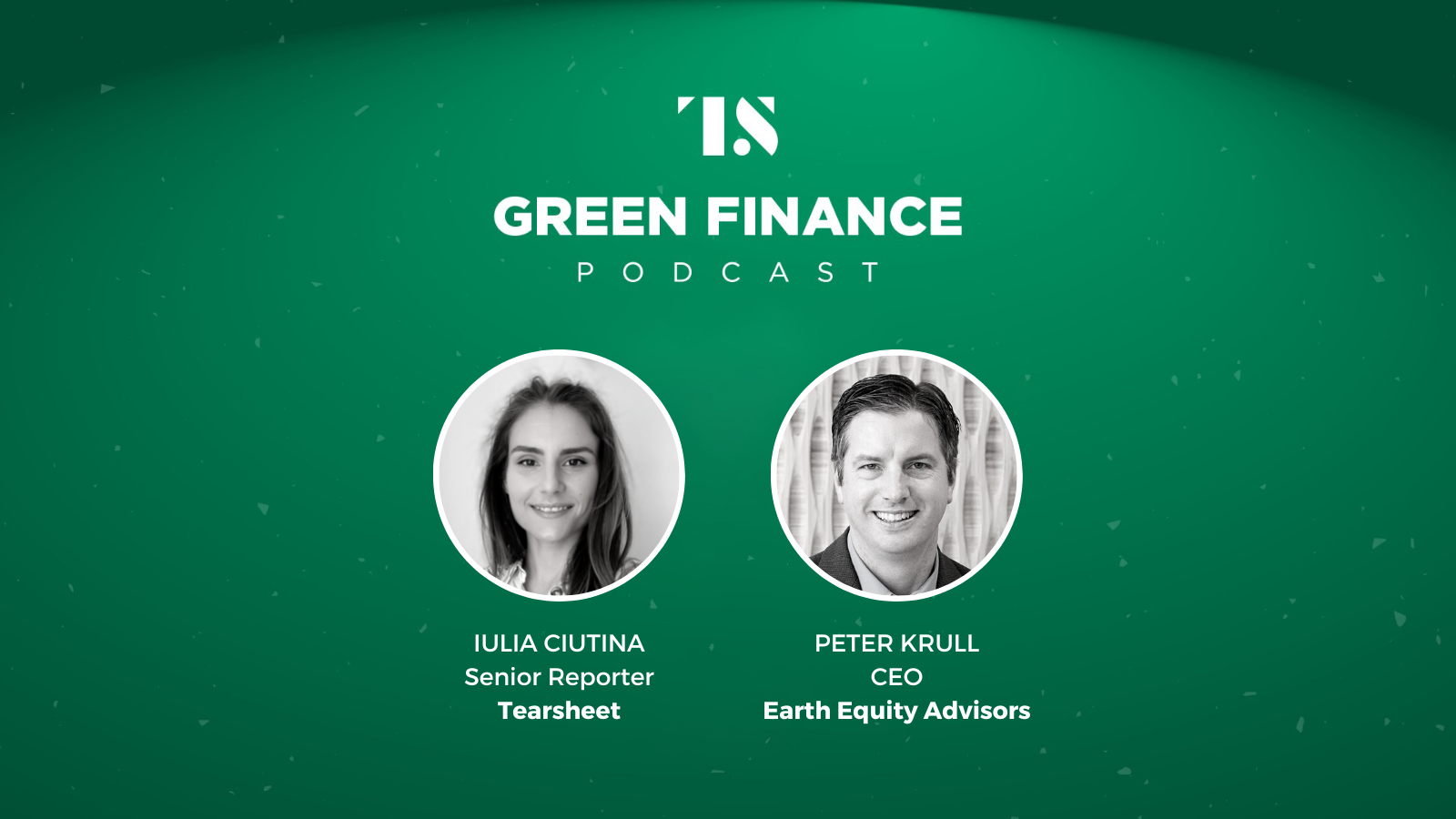The Green Finance Podcast
The Green Finance Podcast Ep. 9: Unpacking the politicized world of ESG with Peter Krull, CEO of Earth Equity Advisors
- Today's episode takes on the increasingly politicized world of ESG, starring special guest Peter Krull, CEO of Earth Equity Advisors.
- A number of Republican states have started to ban financial institutions that sought to distance themselves from fossil fuel industries, so the drama in this sector shows no signs of slowing down.





